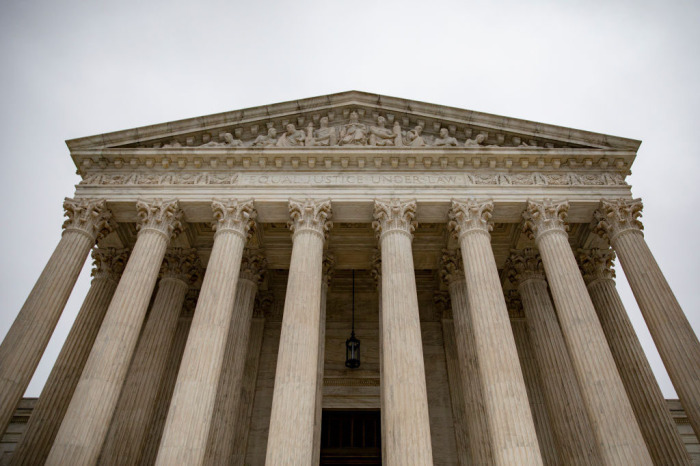
The U.S. Supreme Court has refused to block a Mississippi law restricting social media access for young people amid some constitutional concerns with the measure.
In a brief, unsigned order last week, the high court declined an application to vacate a stay in the case of Netchoice, LLC v. Lynn Fitch, attorney general of Mississippi.
Justice Brett Kavanaugh authored a concurring opinion to the denial, writing that NetChoice, a tech industry trade association representing social media giants, “has not sufficiently demonstrated that the balance of harms and equities favors it at this time.”
“To be clear, NetChoice has, in my view, demonstrated that it is likely to succeed on the merits — namely, that enforcement of the Mississippi law would likely violate its members’ First Amendment rights under this Court’s precedents,” wrote Kavanaugh.
“In short, under this Court’s case law as it currently stands, the Mississippi law is likely unconstitutional. Nonetheless, because NetChoice has not sufficiently demonstrated that the balance of harms and equities favors it at this time, I concur in the Court’s denial of the application for interim relief.”
Last year, Mississippi lawmakers overwhelmingly passed House Bill 1126, which is also known as the Walker Montgomery Protecting Children Online Act.
Named after a teenager who died by suicide as a result of an online sextortion scam, the legislation requires digital service providers to verify the age of users and prohibits minors from having certain social media accounts unless parents have given permission.
The law limits the amount of personal information that a social media platform can collect, and prohibits such platforms from collecting information on the exact location of a minor.
Platforms must also “make commercially reasonable efforts to develop and implement a strategy to prevent or mitigate the known minor’s exposure to harmful material and other content that promotes or facilitates the following harms to minors.”
While supporters see the law as increasing protections for minors, critics argue it violates freedom of expression protected by the First Amendment of the U.S. Constitution.
U.S. District Judge Halil Suleyman Ozerden, a George W. Bush appointee, issued a temporary block on the law. However, a three-judge panel of the 5th U.S. Circuit Court of Appeals moved to stop Ozerden’s order in July while the state appealed.



